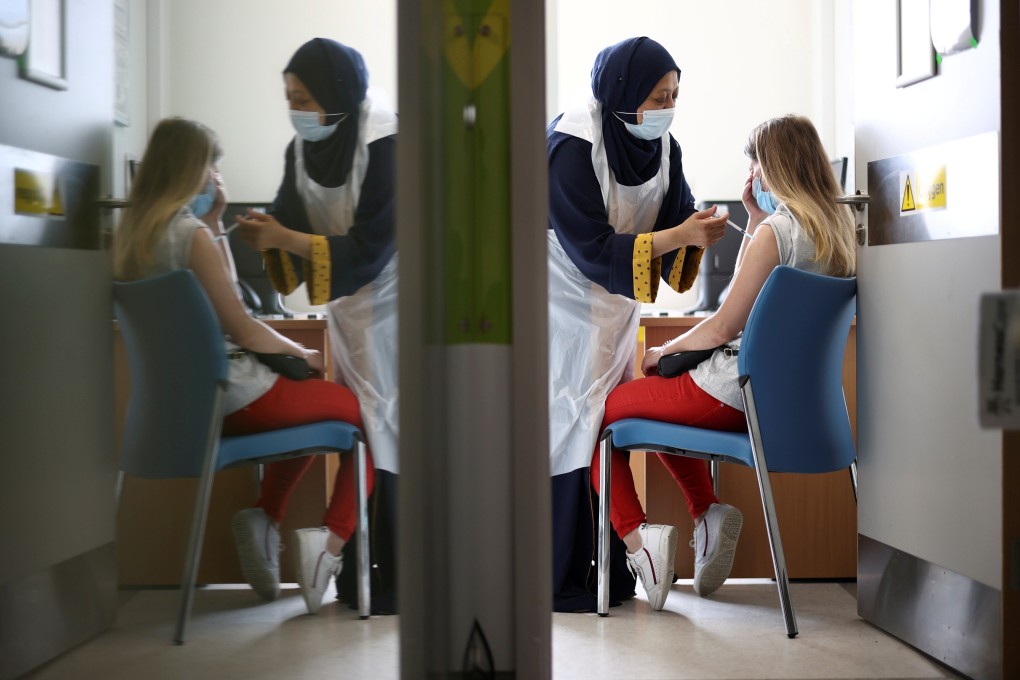Scientist behind AstraZeneca coronavirus vaccine says booster shots may be unnecessary
- Oxford University Professor Sarah Gilbert said the standard two-dose regimen is providing lasting protection for most people
- She said the world’s priority should be to get more vaccines to countries that have received limited supplies

Oxford University Professor Sarah Gilbert told The Telegraph newspaper that immunity from the vaccine was holding up well – even against the Delta variant. While the elderly and those who are immune-compromised may need boosters, the standard two-dose regimen is providing lasting protection for most people, she said.
“We will look at each situation; the immunocompromised and elderly will receive boosters,’’ she said. “But I don’t think we need to boost everybody. Immunity is lasting well in the majority of people.”
The comments come as the Joint Committee on Vaccination and Immunisation, a panel of experts that advises the British government, is expected to make recommendations in the coming days on the scale of any booster programme.
Britain’s medical regulator on Thursday said the Pfizer and AstraZeneca vaccines were safe to use as boosters.
UK Health Secretary Sajid Javid has said he expects a booster programme to start later this month.
Gilbert said the world’s priority should be to get more vaccines to countries that have received limited supplies.

01:50
WHO says no need for Covid-19 booster shots for now since vaccine supplies are low